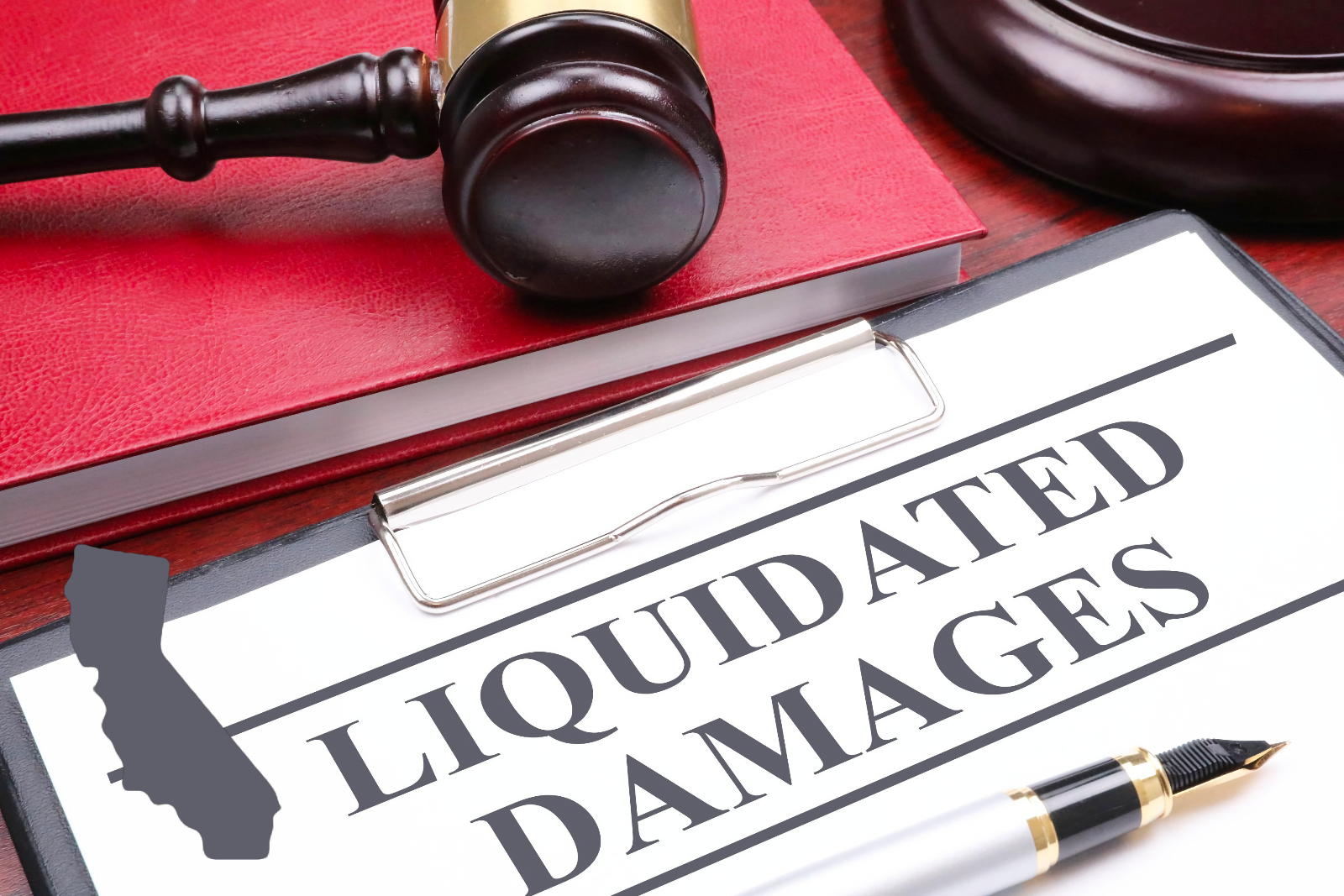In the dynamic sphere of Bay Area real estate, transactions can be intricate and challenging. One key aspect that often sparks queries is the concept of liquidated damages. Particularly in California, understanding liquidated damages is essential for both buyers and sellers. This article presents a comprehensive breakdown of liquidated damages for Bay Area real estate, elucidating how they work, their legality, and their potential implications.
Defining Liquidated Damages
Liquidated damages represent a predefined amount of money specified in a contract, to be paid in the event of a contractual breach. In real estate, they are often included in purchase agreements to safeguard the sellers against potential losses if the buyer fails to fulfill their contractual obligations. The liquidated damages clause is a tool to pre-estimate potential future damages, offering a degree of certainty and protection to all parties involved.
Applicability of Liquidated Damages in Contracts
Liquidated damages provisions are embedded into various contractual scenarios, serving useful and legitimate functions. They help control risk exposure and ensure parties have sufficient incentives to perform their contractual duties. However, not all liquidated damages provisions are enforceable. For instance, in California, courts have recognized that under certain circumstances, a provision for liquidated damages can operate as an impermissible contractual forfeiture or penalty.
California Legislation and Liquidated Damages
California law has specific provisions governing liquidated damages. Sections 1670 and 1671 of the 1872 Civil Code originally stipulated that a liquidated damages provision was enforceable only if determining actual damages was impracticable or extremely difficult. However, these provisions were revised in 1977 to apply a stricter standard for certain contracts, like consumer goods and residential property leases. For other contracts, the 1977 revision liberalized the rule, allowing liquidated damages provisions to be deemed valid unless they are proven unreasonable.
Liquidated Damages and Residential Purchase Agreements
In a California Residential Purchase Agreement, a liquidated damages clause can be included. The clause is activated when both buyer and seller initial it. This clause specifies that if a buyer defaults, the seller is entitled to retain the deposit paid as liquidated damages. The amount retained cannot exceed 3% of the purchase price. This clause safeguards sellers from the fallout of a contract breach, while also limiting buyers’ potential losses.
Buyer’s Liability in Contract Breach
In the event of a contract breach by the buyer, they may be liable for the seller’s losses. However, their liability is typically limited to the amount specified in the liquidated damages clause. This clause serves to simplify the resolution of a contract breach, potentially saving both parties from costly legal disputes. It also allows the seller to recover the buyer’s deposit money in case of a contract breach.
Determining Reasonable Liquidated Damages
The amount stipulated as liquidated damages should bear a reasonable relationship to the range of actual damages that could potentially arise from a breach. This relationship is critical in ensuring the clause is not construed as a penalty. If challenged in court, the burden of proof falls on the party challenging the clause to prove that it is unreasonable.
Enforcing Liquidated Damages Clauses
While liquidated damages clauses can provide a degree of protection, their enforceability may be disputed. In California, such a clause is generally enforceable if the amount specified does not exceed 3% of the purchase price unless proven unreasonable by the buyer. Courts consider factors such as the circumstances at the time of contract formation and the relative bargaining power of the parties.
Seller’s Rights in Buyer’s Breach
When a buyer breaches a purchase agreement, the seller can make a demand for all or a portion of the deposit based on the liquidated damages clause. If the seller’s actual losses equal or exceed the deposit amount, they are entitled to the entire deposit. But if the losses are less, the seller can only recover the amount of their actual money losses.
Resolving Liquidated Damages Disputes
In case of disputes over liquidated damages, sellers are advised to promptly proceed to market, resell, and close a resale of the property. They should then calculate their losses, including any decrease in the property’s value, transactional costs not recovered on resale, and any increased operating costs or rent losses caused by the purchase agreement terms.
Considerations in Contract Negotiation
In contract negotiations, it’s crucial to determine an amount that reasonably estimates potential damages. The liquidated damages clause should be clear, and the amount should be reasonable given the potential damage. The difficulty in proving a contract breach should also be taken into account.
Legal Assistance in Liquidated Damages
Navigating the intricacies of liquidated damages can be complex and requires expert legal guidance. A specialist business and contract law attorney can help ensure that a contract’s liquidated damages provision is crafted effectively and lawfully, protecting parties’ interests while promoting contractual compliance.
In conclusion, liquidated damages play a pivotal role in California real estate transactions, serving as a safeguard against contractual breaches. However, their successful application requires a thorough understanding of the law, careful contract drafting, and expert negotiation.
Prime Single Family Homes for Sale in Silicon Valley
2
3
4
5
6
7
8
9
10
11
12
13
14
15
16
17
18
19
20
21
22
23
24
25



